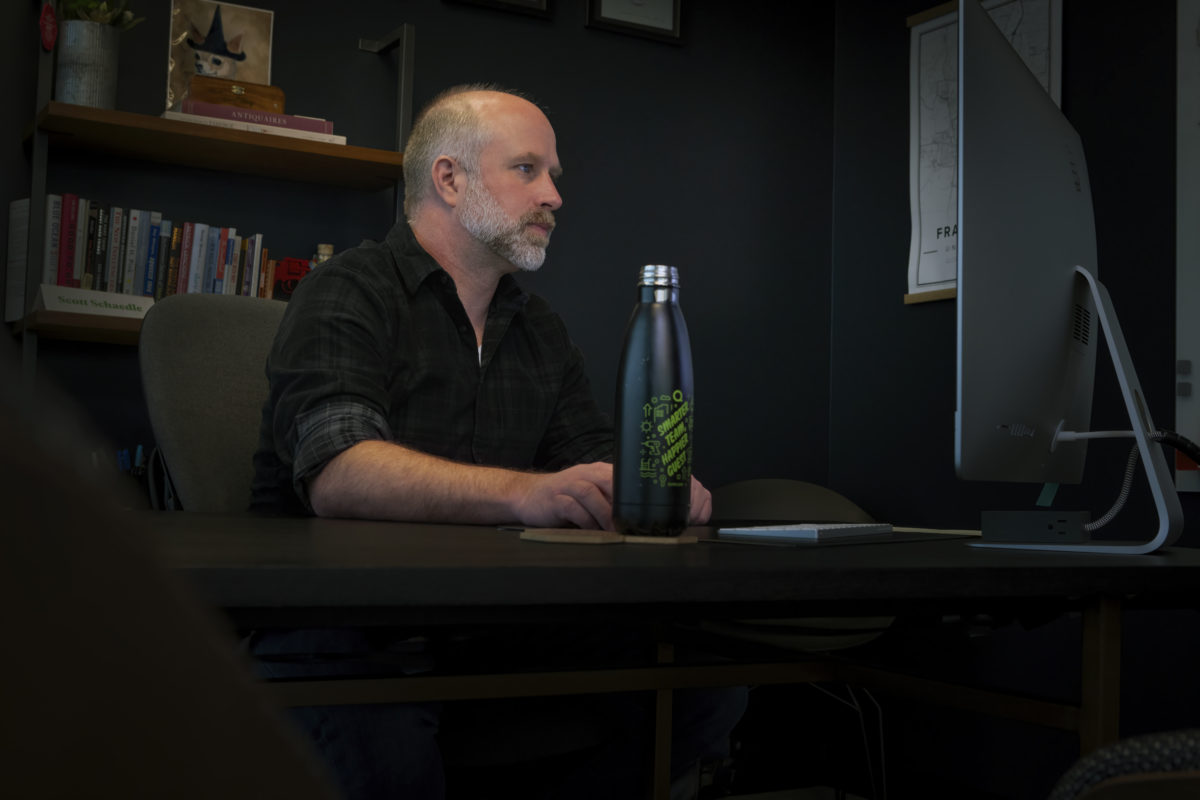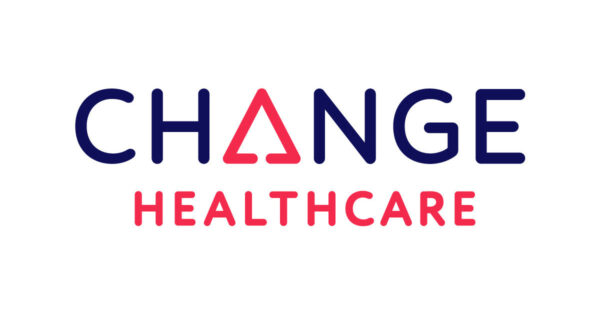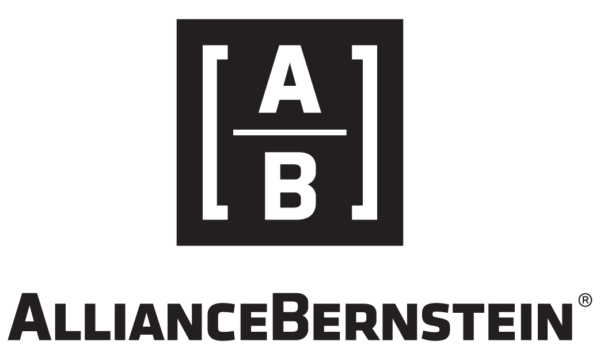A great hotel experience comes as a result of the hard work of the hotel employees. These hospitality heroes work around the clock to make sure that accommodations are fully prepared to meet the needs of their guests, always aiming to have their service and facilities exceed expected industry norms.
That said, in the hotel industry problems arise at a breakneck speed. Complicating matters further, these problems must be solved in small time windows, and while the available staff’s energy is divided up between multiple tasks.
Of course, this raises the question: How can hotel employees be expected to complete all of their assigned tasks within a given day if they are constantly being diverted to address new issues as they arise?
Clearly, this is a difficult question, but it is one that Quore is answering. Based in the hospitality hub of Nashville, Quore is a software-as-a-service company for the hospitality industry. Simply stated, Quore helps employees accomplish their day-to-day work assignments as well as find time to address special projects as they arise. Quore can track and manage all of the different processes within a hotel. It handles everything except checking guests into or out of their rooms. To do this, Quore digitally connects the personnel in guest services, operations, housekeeping, and engineering. It relays information related to action tickets or analytics to the departments that need that particular information. By doing this, it can also map warranties and expenditures for hotels, saving them money.
“Quore” is a stylized spelling of what the software hopes to be for hotels—a core that keeps operations moving forward efficiently. Without doubt, many hotels have recognized the value that Quore offers its clients. According to their website, Quore is used by over 4,600 select and full-service properties in 35 countries. As a result of this widespread adoption, Quore is used by almost 80,000 hotel employees. These employees work for established brands such as Hilton, Holiday Inn, and Marriott Hotels & Resorts.

Entering Technology Without Reservations
Quore CEO Scott Schaedle never initially intended to get into technology. In 2004, he was working as an advertising design professional when he was introduced to tech via the creation of a business to sell horses online. Scott created this equine digital marketplace as a response to the needs of the moment, but he saw himself more as a publisher than as an entrepreneur using innovation.
Scott’s equine advertising business was created before the recession in 2008. Unfortunately, it didn’t survive. Now faced with the necessity of finding a new job, Scott took a position working as a hotel engineer for his father, a hotel developer and owner-operator.
While these hotels operated remarkably well, Scott observed some inefficiencies throughout his workday. Offering an example, Scott says that an employee working in the maintenance shop might be called to the fifth floor. Once there, they would realize that they had, say, the wrong tools for the job. The first trip was wasted, and the employee would have to come back. Scott saw that the industry-wide reality of ever-emerging new tasks kept sidetracking hotel employees.
Time Saved is Money Earned
Everyone suffered for these inefficiencies. Swamped hotel managers and front-facing staff could barely meet all of the work orders. Maintenance and cleaning crews would be pulled away from where they needed to be, and jobs would get delayed. Worst of all, the guests at the hotel would have to wait until a member of maintenance was free to help them with their request, making the hotel appear unresponsive and unconcerned with its guests’ needs.
Scott is naturally one of those people who counts steps and finds ways to simplify a process. Scott was intent on finding out how to prevent wasted time at his particular hotel. So, in 2010, Scott researched the marketplace. He found software, but not the kind that was useful at the property-level.
Elaborating, he explains, “Originally I set out to buy a piece of software for the hotel. This was 2010… You would find these systems that were designed for desktop, or were web-based. One of the challenges in a hotel is that most staff don’t have access to a computer. And even if you had access to the computer, you’re on the floor. You’re not behind a desk.”
With the iPhone making its debut in 2007, Scott observed that many people still weren’t using mobile devices by 2010. He knew that he needed a solution that could work for people who were always on the go.
Try as he might, Scott couldn’t find it. So, he decided to learn to code in order to build his own platform. Originally a hobbyist, Scott was able to code a product that colleagues started using within a year. However, Scott refuses to take all of the credit. Instead, he thanks the many developers that helped guide him along the way. Scott jokes that pieces of “Scott code” still exist within the Quore system. However, since hiring professional coders, Scott laughs and protests that he’s been locked out of the code base.
“I realized I was on to something,” he says. “So, I started putting more time into it, and investing into it. Fairly quickly, I had built out an entire suite of solutions for the problem.” In 2012, Quore became a full-fledged business.
Taking Care of Those Who Take Care of You
Scott shares that the culprit for poor hotel performance is usually overworked staff. As a direct response to this situation, the more than 30 features handled by Quore’s platform were designed to help the staff get a handle on their tasks.
“If you can give back to the staff five [even] minutes of their day, in turn, they’re going to give that back to the guest and make the stay better,” he says.
In growing the business over the last decade, Scott increased his users by focusing on hotel employees. When there’s a changeup at a hotel—either through employees working for another property, or by that hotel being acquired by new owners—staffers advocate for Quore’s use. They wind up becoming influencers for the brand since it works so well.
“The staff has always been the key to it all. They fall in love with Quore, and they take Quore with them,” Scott says. “Our growth is truly organic growth, driven by our customer base.” He adds that he tells clients that he’s less concerned with management’s opinion of the software than he is with their employees’ opinion since they are the primary users of the system. The more employees use Quore, the more value and insights managers get from it.
With quality and usefulness to the hotel staff as his foci, Scott hasn’t had to chase money. The company has grown as a result of the backing of just a few investors, people Scott really wanted to be part of the company vision. As a result of their support, the company’s revenue has doubled year over year, with Quore entering new markets in Asia and Europe.
In 2020, Quore was recognized by Forbes as one of the Best Startup Employers 2020.
Employing fewer than 50 people, Quore’s company culture was something noticeable on a national level.
This was a huge achievement for Scott, as his team means more to him than the product. He has always wanted to provide careers, and not just jobs. He explains, “I wanted to build a place that I was excited to go into… with Southern hospitality. Where people treat each other with respect.”
In 2022, Quore plans on adding more tech employees. Quore also converted from PHP to Node.js in order to modernize the product and attract more tech talent.
For further information about Quore, be sure to visit its website and social media.









